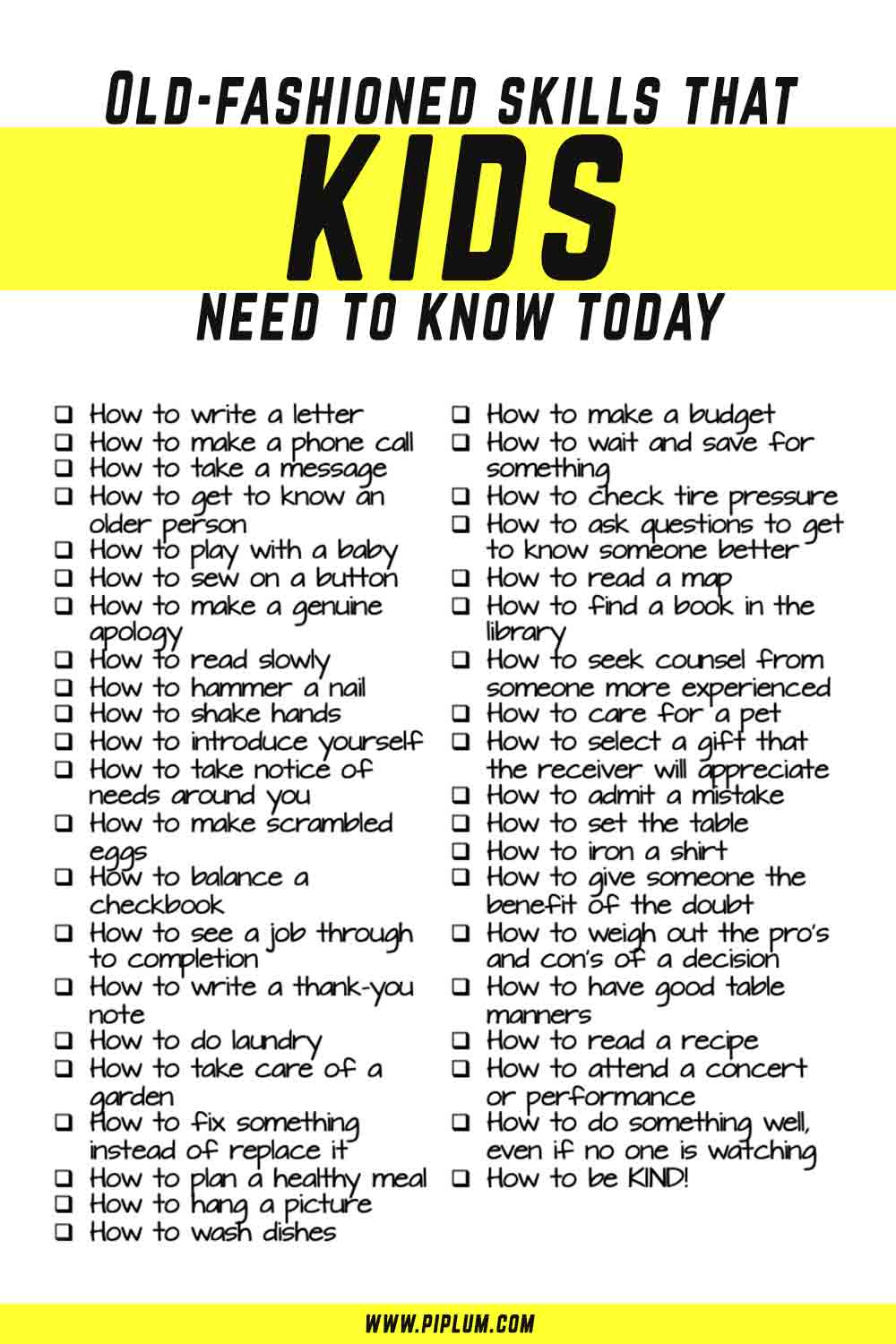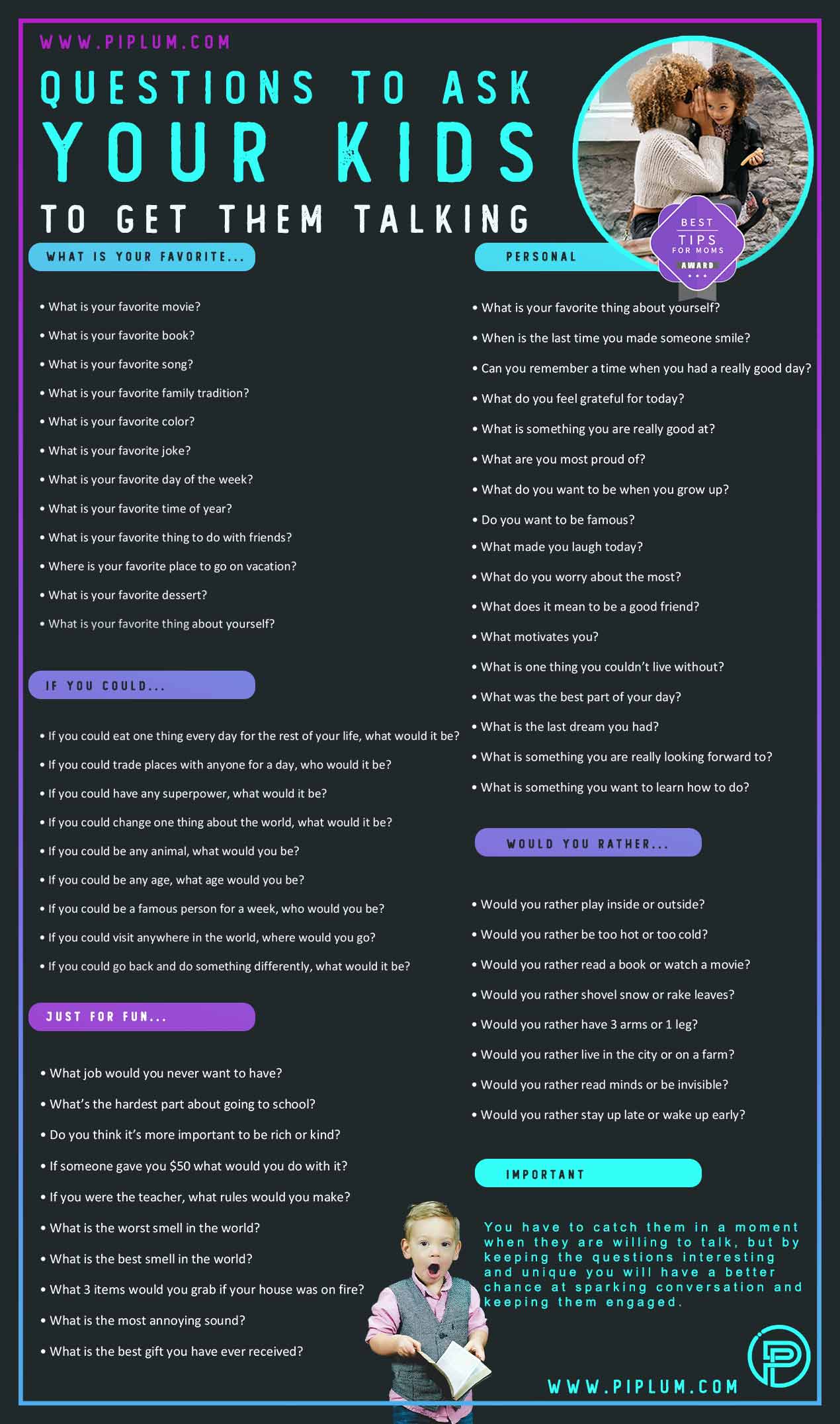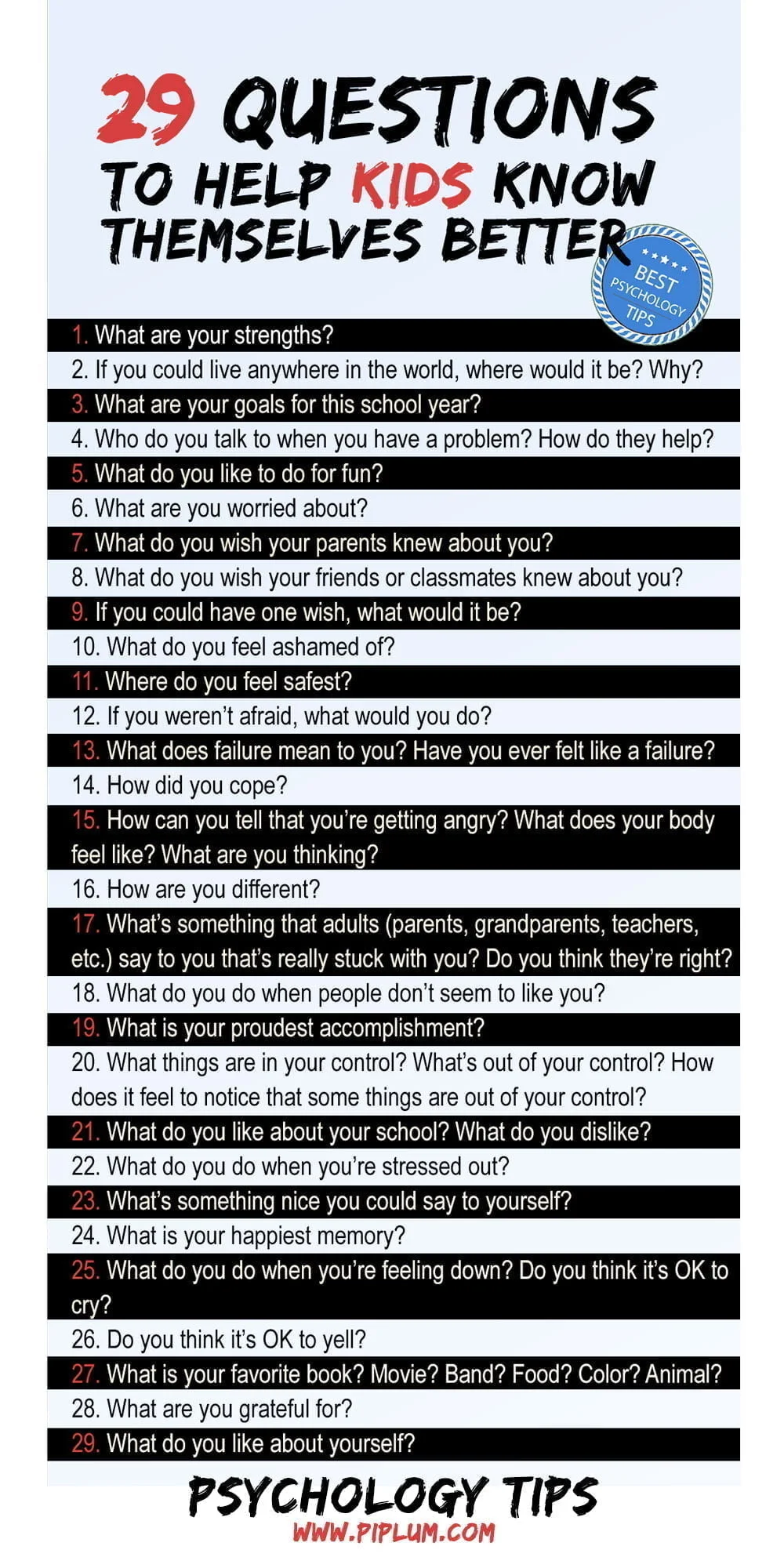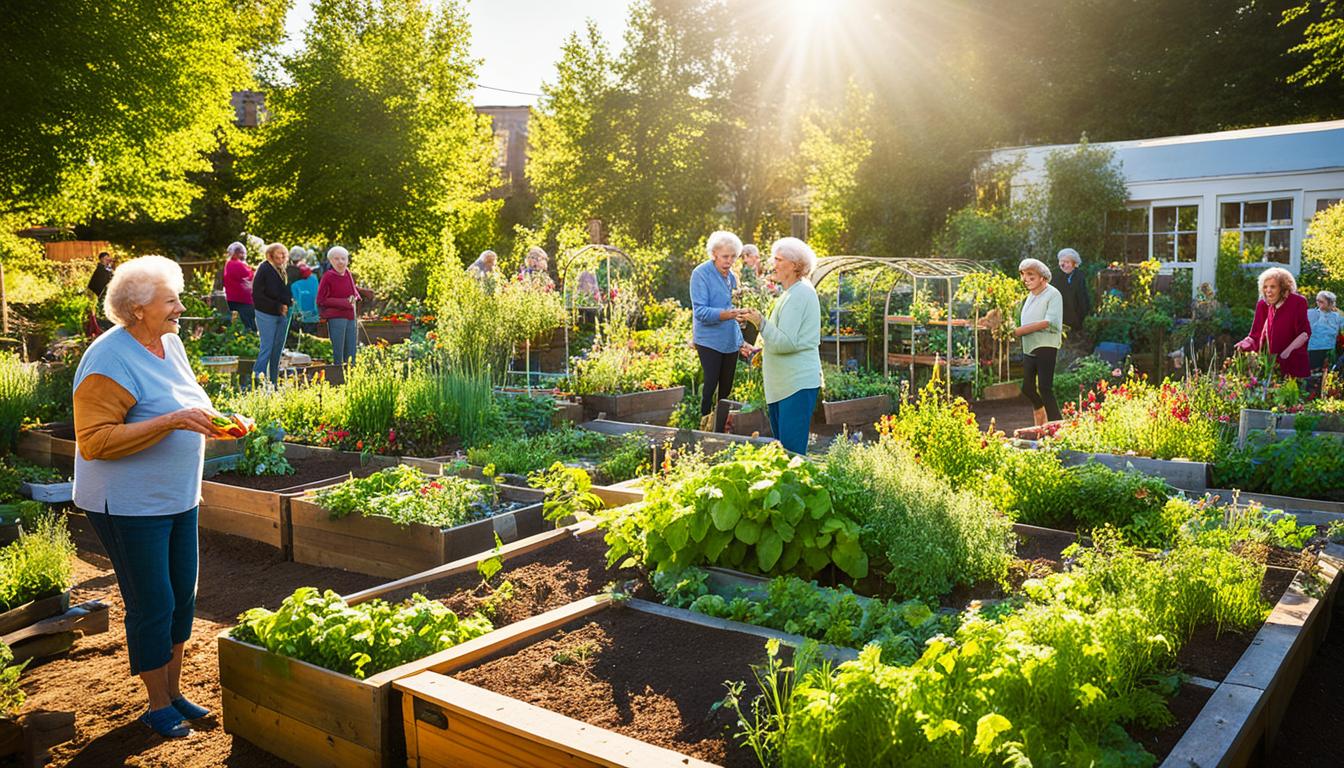
Did you know that recent research has shown that you should not tell your child “how smart you are!” Kids sometimes have different feelings and ideas. Such a phrase makes the child realize that he has done everything perfectly, so there is no room for improvement. Instead, parents are advised to praise their children for their hard work. This is a time of historic significance for our society. It is often said that the mark of a civilized society is how it treats its very young and very old.
I’m a Mom; what Questions Should I Ask My Growing Kids?
Introduction
Being a mom is a rewarding journey filled with countless memorable moments. As your children grow, it’s essential to maintain open and meaningful communication with them. Engaging in conversations with your growing kids helps foster trust, understanding, and a strong bond. In this article, we will explore the questions you should ask your growing kids to ensure their well-being, personal development, and happiness.
Understanding Your Growing Kids
As children go through different phases of growth and development, they experience various changes and challenges. Each stage brings unique concerns that require a caring and supportive approach. As a mom, it’s crucial to comprehend these transitions and be prepared to address your child’s evolving needs. Open communication lays the foundation for a strong parent-child relationship.
Questions to Ask Your Growing Kids
Health and Well-being
Physical Health
Start by discussing their physical health and well-being. Ask questions about their eating habits, exercise routines, and overall lifestyle choices. Encourage them to share any concerns they might have about their health openly.
Mental and Emotional Health
Inquire about their emotions and feelings regularly. Understand the pressures they might be facing, such as stress from school or friendships. Create a safe space for them to express their emotions without judgment.
Education and Development
School and Academics
Ask about their school life and academic progress. Inquire if they need any help with their studies or if they face any challenges at school. Offer guidance and support as needed.
Personal Growth and Interests
Learn about their hobbies and interests. Ask about their passions and dreams. Encourage them to explore their talents and provide opportunities for personal growth.
Relationships and Social Life
Friends and Peer Pressure
Discuss their friendships and peer relationships. Address the issue of peer pressure and guide them on making positive choices.
Romantic Relationships
If your child is entering the teenage years, talk openly about romantic relationships. Discuss consent, healthy boundaries, and the importance of mutual respect.
Values and Morals
Ethical Dilemmas
Ask hypothetical ethical questions to gauge their moral compass. Encourage critical thinking and empathy.
Cultural Awareness
Discuss different cultures and traditions to promote cultural understanding and appreciation.
Goals and Aspirations
Future Plans
Inquire about their goals and aspirations. Offer guidance and support in achieving their dreams.
Ambitions and Dreams
Encourage them to think big and dream boldly. Be their biggest cheerleader in pursuing their ambitions.
The Importance of Active Listening
Throughout these conversations, practice active listening. Give your kids your undivided attention, maintain eye contact, and validate their feelings. Show them that their thoughts and opinions matter.
Creating a Safe and Open Environment
Create an environment where your kids feel safe sharing their thoughts and experiences. Avoid being judgmental and instead offer understanding and support.
Dealing with Challenging Responses
Sometimes, your kids might give challenging or unexpected responses. Stay calm and composed, and avoid overreacting. Use these moments as opportunities to understand their perspective better.
Encouraging Honesty and Trust
Foster a culture of honesty and trust within the family. Assure your kids that they can always come to you with any concern or problem, and you’ll be there to help.
Conclusion
As a mom, asking the right questions and actively listening to your growing kids is essential for their overall development and well-being. Engaging in these conversations strengthens your bond and ensures your children feel valued and supported in every aspect of their lives.
FAQs
- How often should I talk to my growing kids? Regular communication is key. Try to have open conversations at least once a week, but be available whenever they need you.
- What if my child doesn’t want to talk about certain topics? Respect their boundaries but gently let them know that you are always available to discuss anything bothering them.
- What should I do if my child shares something troubling or serious? Stay calm and supportive. If it’s a serious matter, seek professional help or guidance if necessary.
- Is it okay to ask about their online activities? Yes, it’s essential to know about their online presence and guide them in using the internet safely.
- How can I balance being a mom and their friend during conversations? It’s essential to be both a mom and a friend, but make sure you maintain appropriate boundaries and still enforce rules when needed.
What to ask kids to know them better and they know themselves better?
The main thrust of all the changes in early years provision we have seen is to better secure children’s well being and give them a strong start to living well throughout the rest of their lives – it is much more than mere preparation for school.

What do we know about children’s learning?
We now see young children as highly competent and active learners from birth.
New evidence from neuroscience shows that the brain is developing fastest in the first months of life and that learning begins from the moment we exist.
Let’s start with the quote by David Ogden Stiers:
You might like: What Is The Purpose of Life? Does it Really Exist? Motivational Quote.
Longitudinal studies have also shown that the earliest learning is the most formative and long-lasting.
Life skills that kids need today. Inspirational parenting poster.

Studies reveal that children are learning in all contexts and from all interactions and experiences.
Further, a child’s personal, social, and emotional capacity underpins all other areas of learning and needs particularly nurture and scaffolding.
The child’s ability to use language(s) to interact with and make sense of their world, is also essential to the learning process, as learning is both a social and cognitive process and so requires the capacity to communicate well.
Questions to help kids know themselves better:
Moms! Ask your kids these questions!

It should also be noted that children learn with and through interactions that are culturally and contextually situated and therefore diverse.
Finally, recent studies are emphasizing again that the mind and body are linked so movement is essential for the development and learning to occur.
This educational poster is a very simple but very powerful and safe psychological tool.

1. What do we know about the conditions which support early learning?
We have increased knowledge of the enabling conditions for learning.
Companionship and attachment between children and adults who share their lives is essential.
Children thrive within affectionate and encouraging relationships.
Positive and stable relationships within the family and wider community support the child’s attachment, security, and sense of belonging. Experience of high-quality early years settings can make a difference to a child’s life chances but the home environment is the most formative context for learning.
Supporting the development of a positive sense of self and identity within the young child enables exploration, curiosity, and agency to flower.
An enabling environment for learning includes both the socio-emotional climate and a stimulating physical environment.
Movement, space, and freedom to explore rich environments indoors and outdoors create positive conditions for self-directed, deep level learning to occur.
You might enjoy this article: Discover Inspirational Love Quotes. Spark Your Feelings And Start Living Again!
2. How has policy and practice met these challenges?
There has been serious and sustained investment to build capacity and commitment in the system prior to compulsory school entry to secure the Every Child Matters (ECM) outcomes.
This rapid and significant increase in attention to the early years of children’s life in Government policy has won international recognition.
Within this policy, there has been an increase in the rights and entitlements of young children and their parents to expect high-quality services from birth and in ensuring their participation and voice in the development and delivery of services.
A key part of realizing this vision has been work to raise the status, qualifications, and career pathways of the early years’ workforce, which traditionally has been held in low esteem and poorly remunerated.
Enhancing leadership in the early years’ system is important in ensuring the change agenda is realized.
The establishment of the statutory early years’ curriculum (EYFS) from birth to the reception year (The Foundation Stage), creating a unified and cohesive phase of education prior to the National Curriculum protects Reception class children from an inappropriate model of learning.
The EYFS also ensures continuity and progression across the diverse range of service providers from birth to five and also aims to raise the quality of practice and level the playing field across different providers.
Clarifying expectations and awareness of what constitutes quality services, and embedding quality improvement processes in all settings, should ensure the movement from acceptable but often mediocre services towards a universally excellent system.
You might like: What Kind of Oil is Best for Children: The doctors Offer a Few Alternatives






